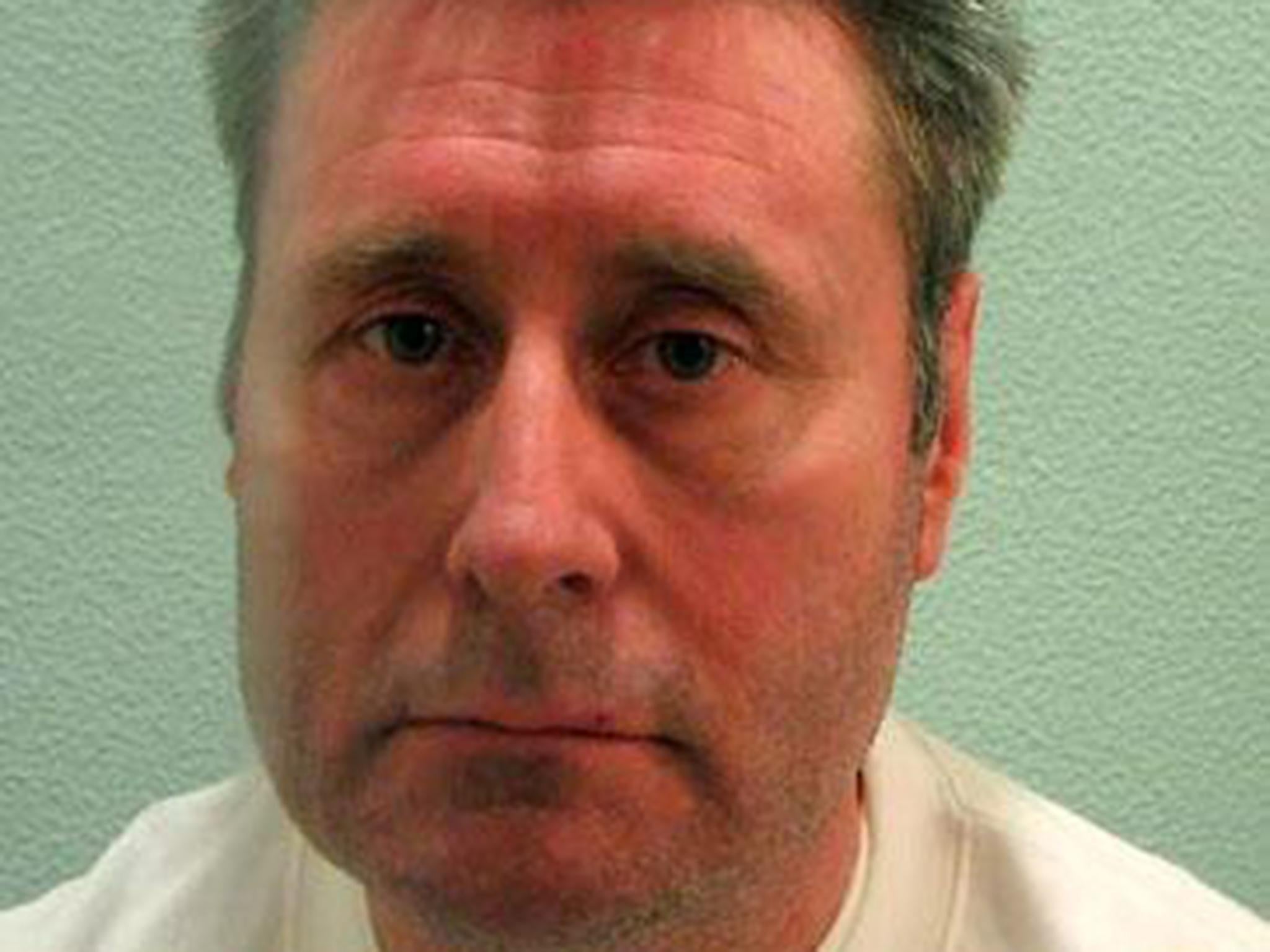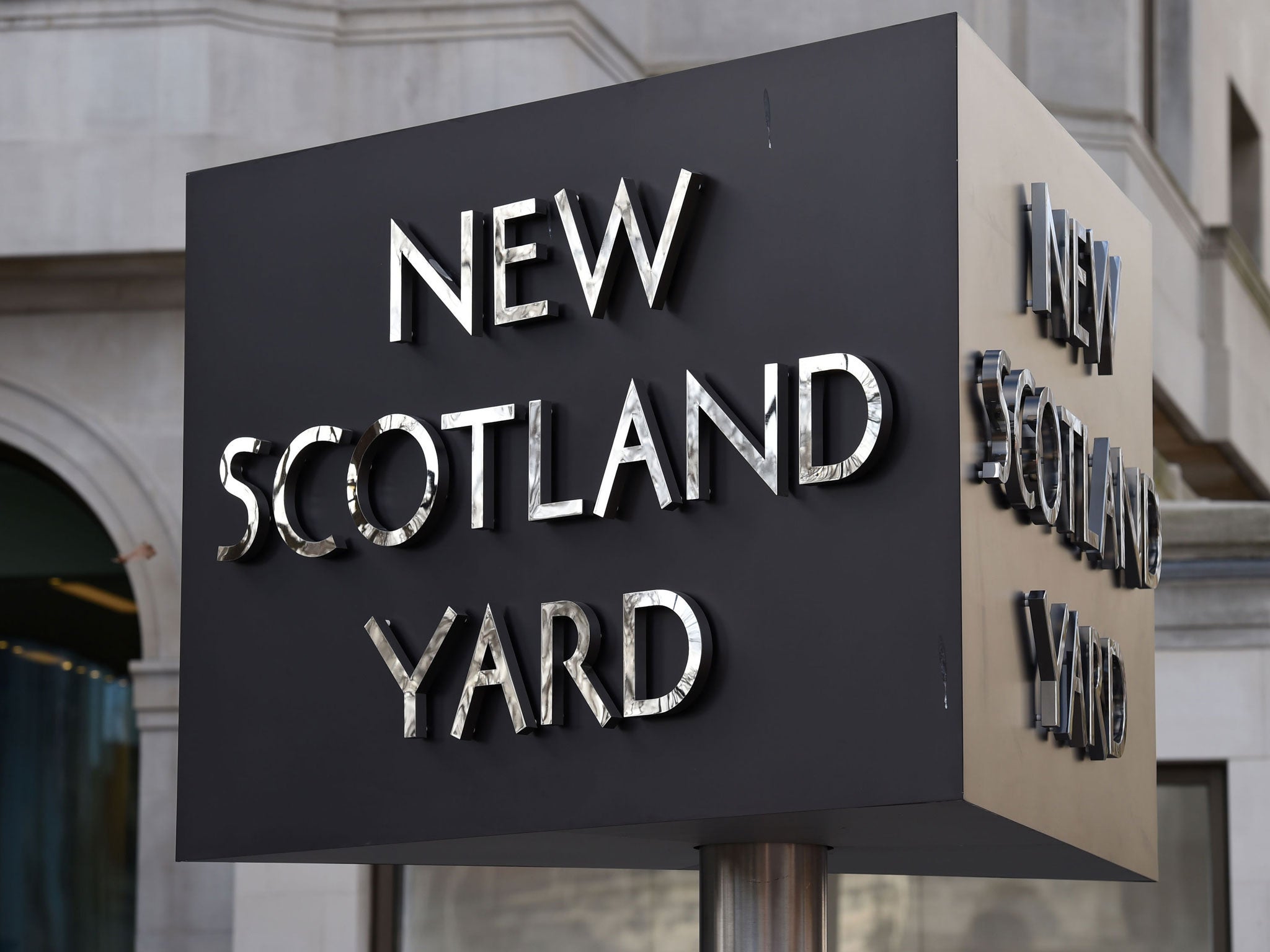Human Rights Act should not be used to sue police over failure to investigate rape, Home Office to argue
Two victims of 'black cab rapist' John Worboys successfully sued the London Metropolitan Police over its failure to take them seriously

Victims of serious crime should not be allowed to use the Human Rights Act to sue the police, lawyers for the Home Office will argue in a Supreme Court test case.
Two women attacked by the “black cab rapist” John Worboys won a civil case in 2014 against the London Metropolitan Police after the court found their human rights had been violated by the force’s failures in the investigation.
The pair, identified only as DSD and NBV, were two of at least 12 women who were raped by Worboys in the back of his taxi after he drugged them with champagne.
He was eventually jailed for life in 2009 and police suspect he may have carried over 100 attacks with the first reports emerging in 2002.
Police were found to have arrested Worboys several times after many of his victims came forward but repeatedly dropped the charges.
In 2007 a 19-year-old student told officers at a police station in south-east London that she had been sexually assaulted by Worboys on her way home from a night out.
She said he had given her a case of champagne, saying he was celebrating a gambling win, which she had accidentally dropped.
When she refused another glass he became aggressive and she said she remembers him forcing a pill into her mouth. Her next memory was waking up in her bed at 2pm the next day.
Worboys was arrested but officers believed his story that he was an innocent cabbie and she had been drunk and incoherent despite traces of an antihistamine and sedatives being found in the girl’s blood.
Five months later a 26-year-old woman said she remember snapshots of Worboys on top of her and her shouting for him to stop. Semen was found on the waistband of her trousers but although Worboys’ DNA was on the database, no match was made.
Another woman said he shouted to her “You can’t go and say that you’ve been raped because I always use Durex” as he let her flee, the Guardian reported.
Eventually when they searched Worboys home and car they found a “kit” he used to attack women which including miniature bottles of champagne, plastic gloves, sleeping tablets and condoms.
The High Court found Scotland Yard had a duty under the Human Rights Act to investigate serious violence against women and could be held accountable by the courts if they failed to do so.
The court found the police were in breach of Article 3, which protects against inhuman or degrading treatment.
But the force, with the backing of the Home Office, has appealed the decision and could potentially be liable for millions of pounds in compensation to rape victims if it loses.
It will argue that if the ruling is upheld it will risk diverting "scare police resources" towards defending itself against legal action surrounding historical cases and "damage operational effectiveness" by forcing officers into "defensive policing", The Daily Telegraph reported.
DSD, one of Worboys' first victims in 2003, told the Guardian: “The experience of being disbelieved and failed by the police was as bad, if not worse, than being a victim of Worboys.
“I brought this case not just for myself but because the police should be held to account when they have failed so badly.”
Martha Spurrier, the director of Liberty which is helping the women, said the case rested on a principle that victims of sexual violence had a right to be listened and have their cases investigated.
She said: “The Met should have learned lessons and committed to take rape seriously.

“Instead they are using taxpayers’ money to drag these women through yet another court hearing – all in an effort to argue that they shouldn’t be legally required to effectively investigate rape.”
The Independent Police Complaints Commission (IPCC) upheld complaints against five of the officers involved in the investigation and identified “individual and systemic” issues within the force and said they had made no effort to corroborate the victims’ accounts.
It said officers had adopted a mindset of that a black cab driver "would not commit such an offence" and had failed to challenge inconsistencies in Worboys' accounts, believing him ahead of his victims.
They also made several procedural mistakes such as failing to acquire physical and forensic evidence promptly and in one incident an officer lost a case file. Another wrongly told a victim her case had been passed to the Crown Prosecution Service.
The case, along with that of another serial rapist, Kirk Reid, led to changes in the way rape cases are handled by the London Metropolitan Police but no officer was fired over their mistakes.
